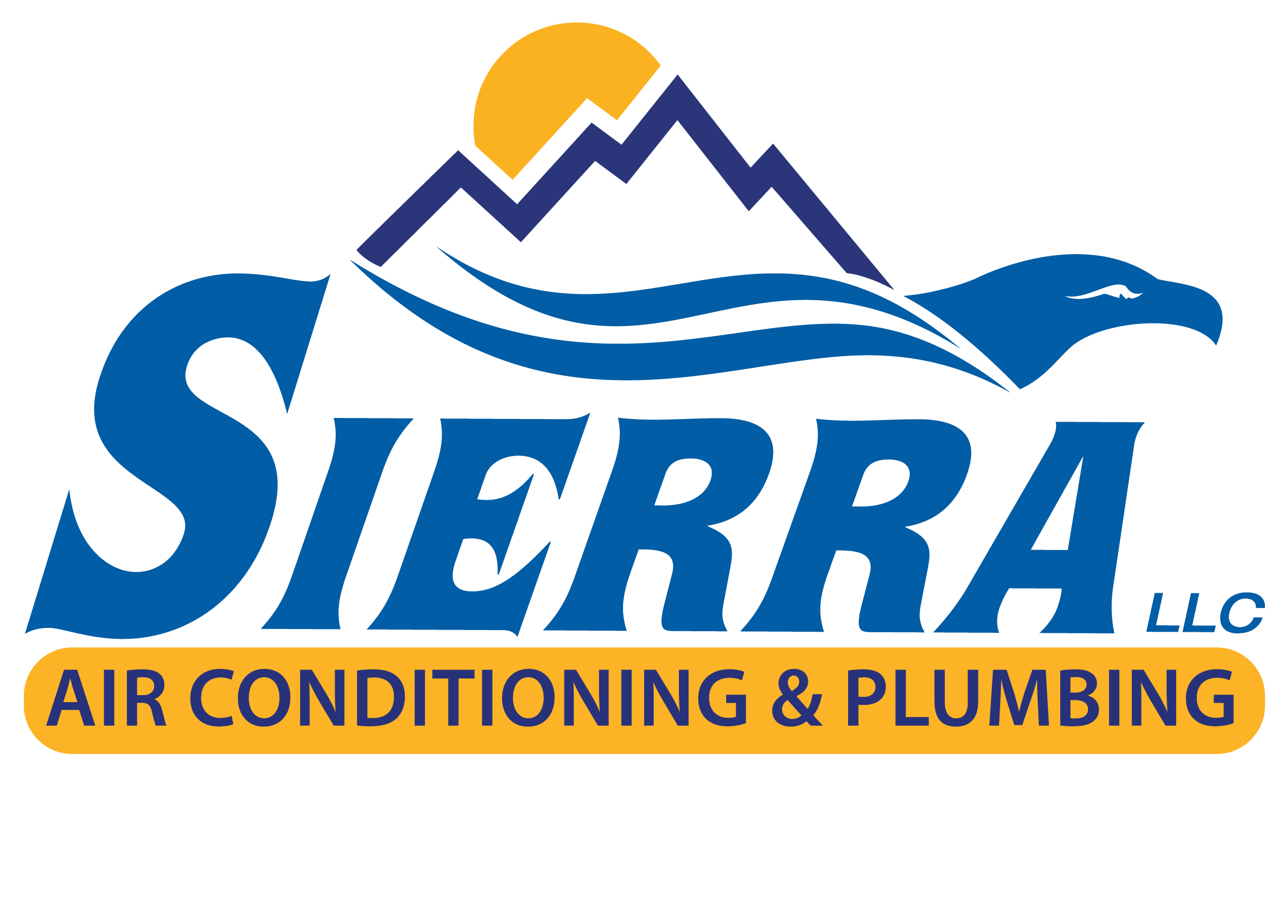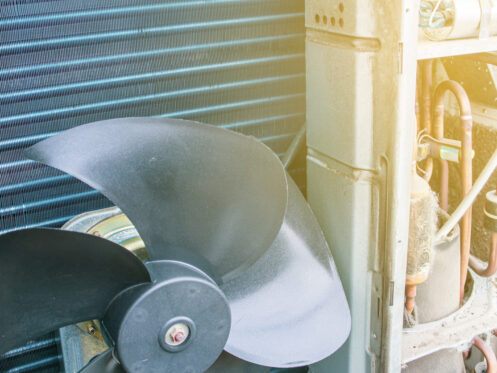As the summer heat intensifies, the last thing you want is for your air conditioner to fail. One critical component that often leads to AC problems is the evaporative coil. Understanding common issues with the AC evaporator coil can help you identify and address them before they escalate, ensuring your home remains cool and comfortable.
Understanding the AC Evaporator Coil
The AC evaporator coil is a crucial part of your air conditioning system. It absorbs heat from the air inside your home and works in conjunction with the condenser coil to release that heat outside. When air flows over the evaporator coil, the refrigerant inside the coil absorbs the heat, which is then expelled outdoors. This process cools the air, which is then circulated back into your home.
Common Issues with AC Evaporator Coils
One of the most common problems with air conditioner coils is freezing. This can occur for several reasons, including insufficient airflow. When airflow over the evaporator coil is restricted, it can cause the coil to freeze. Common causes of restricted airflow include dirty air filters, blocked vents, or a malfunctioning blower fan. Low refrigerant levels can also cause your AC system to freeze. This is often a sign of a refrigerant leak and should be addressed promptly. Additionally, a malfunctioning thermostat can cause the AC system to run continuously, leading to a frozen evaporator coil.
Over time, dirt and debris can accumulate on the evaporator coil, reducing its efficiency. A dirty coil can lead to several problems. First, dirt on the coil acts as an insulating layer, preventing the coil from absorbing heat effectively. This can lead to reduced cooling performance and increased energy consumption. Second, a dirty coil forces the AC system to work harder, leading to increased wear and tear on the components and potentially shortening the lifespan of your system. Finally, dust and debris on the coil can be circulated throughout your home, affecting indoor air quality and potentially causing respiratory issues.
Leaking evaporator coils are a significant issue that can affect the performance of your air conditioning system. Signs of a leaking evaporator coil include decreased cooling efficiency, hissing or bubbling sounds, increased energy bills, and warm air from vents. A leak can cause a drop in refrigerant levels, reducing the system’s ability to cool your home effectively. If you hear hissing or bubbling noises coming from your AC unit, it could be a sign of a refrigerant leak. A leaking evaporator coil forces your AC system to work harder to maintain the desired temperature, leading to higher energy bills. If the evaporator coil is leaking, the system may struggle to cool the air, resulting in warm air blowing from the vents.
Corrosion is another common issue that can affect the longevity and performance of your evaporator coil. High levels of moisture and humidity can accelerate the corrosion process, especially in coastal areas or regions with high humidity. Exposure to chemicals like household cleaners, refrigerants, and pollutants can also lead to coil corrosion. Lack of regular maintenance can result in the accumulation of dirt and debris, which can trap moisture and contribute to corrosion.
Preventing AC Evaporator Coil Issues
To avoid common AC evaporator coil issues, it’s essential to perform regular maintenance and take preventive measures. Regularly changing air filters is a simple yet effective step. Replace air filters every 1-3 months, depending on usage and the type of filter. Clean filters ensure proper airflow and help prevent the coil from freezing.
Scheduling annual maintenance is crucial for identifying and addressing potential issues before they become major problems. Professional maintenance is key, so schedule an annual tune-up with a qualified HVAC technician to inspect and clean your AC system. Additionally, keeping the area around your outdoor unit clean is important. Ensure the area around your outdoor unit is free of debris, plants, and other obstructions. This helps maintain proper airflow and prevents dirt from accumulating on the coils.
Monitoring refrigerant levels is another important preventive measure. Low refrigerant levels can cause various issues, including freezing coils and decreased cooling efficiency. Have a professional check and refill refrigerant levels if necessary. Using a programmable thermostat can also help regulate the temperature and prevent the system from running continuously, reducing the risk of frozen coils. Finally, while some maintenance tasks can be done by homeowners, coil cleaning is best left to professionals. They have the tools and expertise to clean the coils without causing damage.
Conclusion
Understanding and addressing common AC evaporator coil issues can significantly enhance the performance and longevity of your air conditioning system. By keeping an eye on airflow, refrigerant levels, and regular maintenance, you can prevent many of these problems and ensure your home remains cool and comfortable.
If you’re experiencing issues with your air conditioner coils or need professional maintenance, don’t hesitate to contact Sierra Air Conditioning & Plumbing. Our team of experts is here to help with all your HVAC and plumbing needs. Ensure your AC system is ready to handle the summer heat by reaching out to us today!





